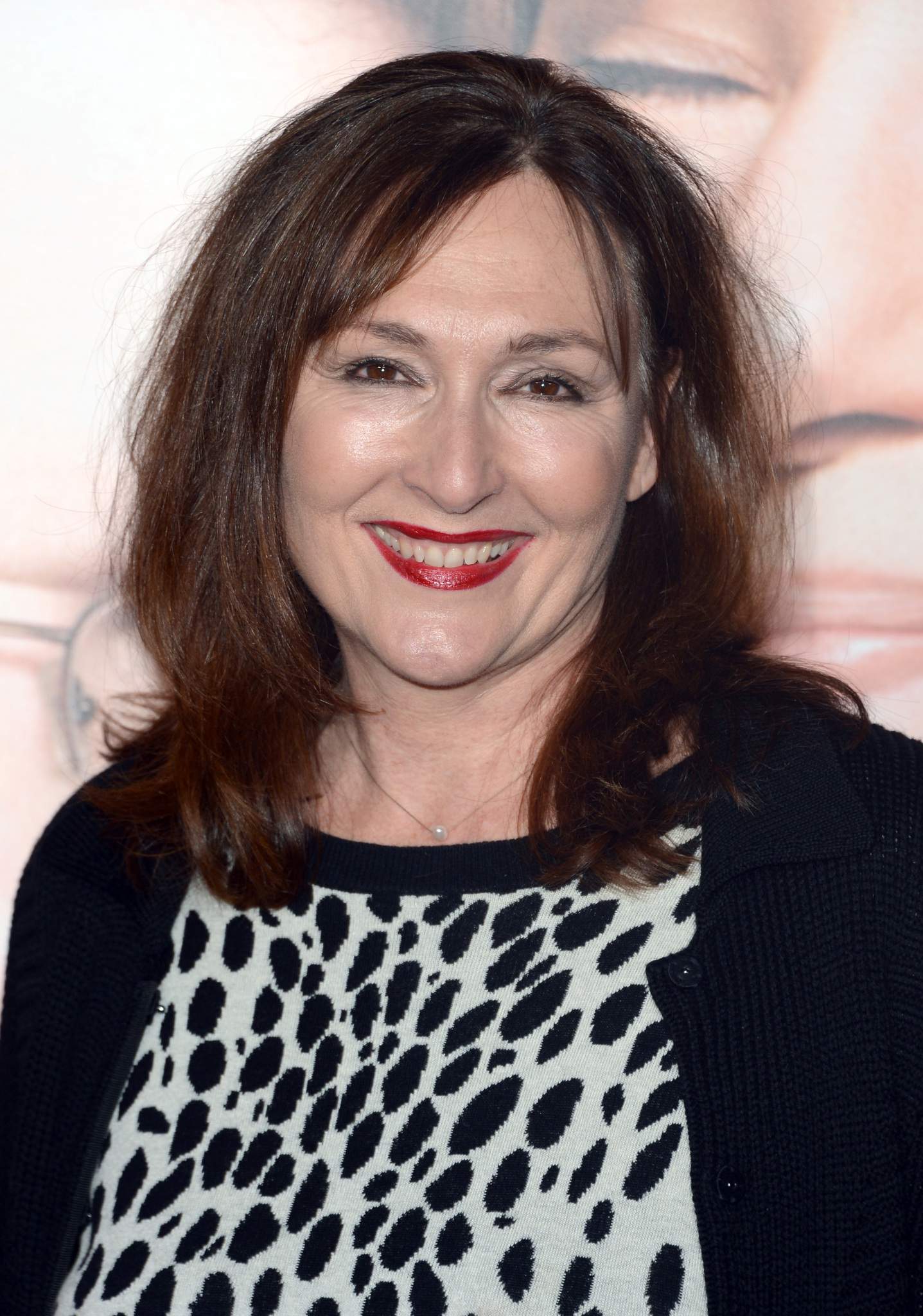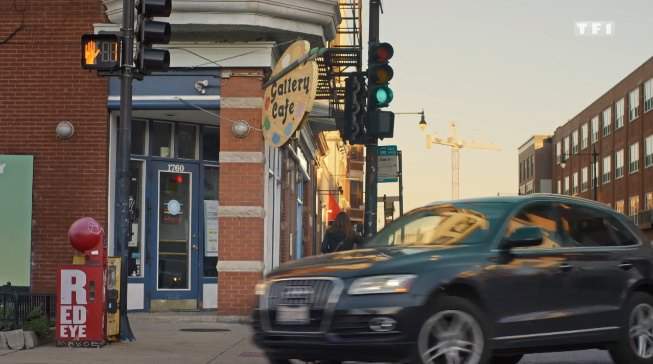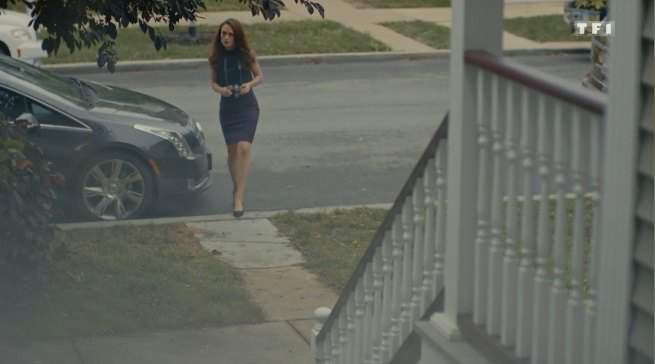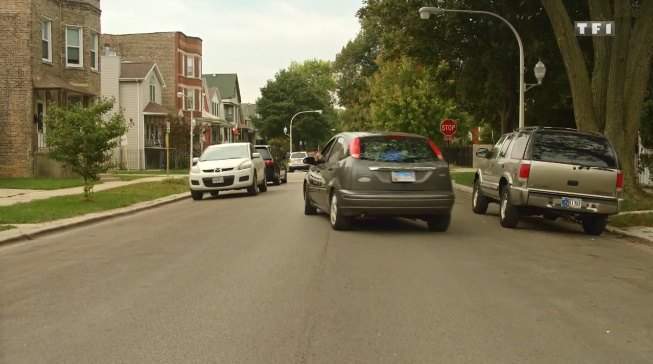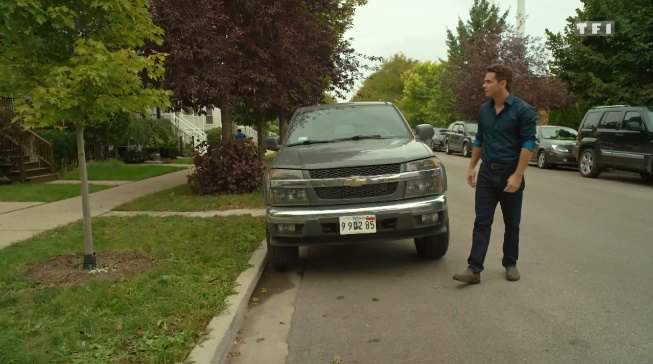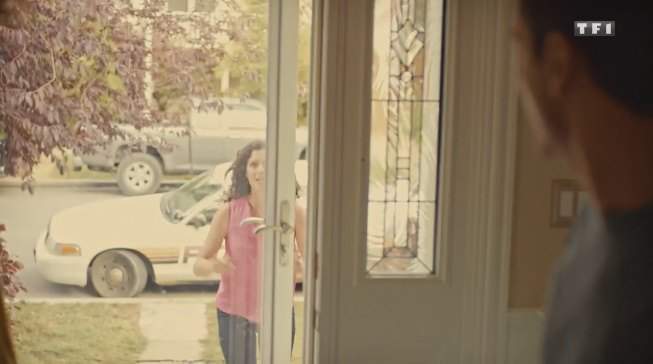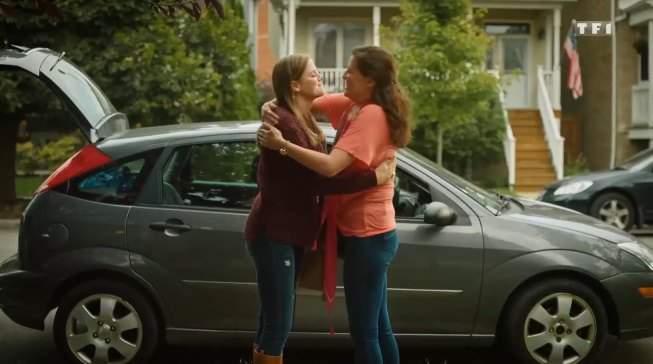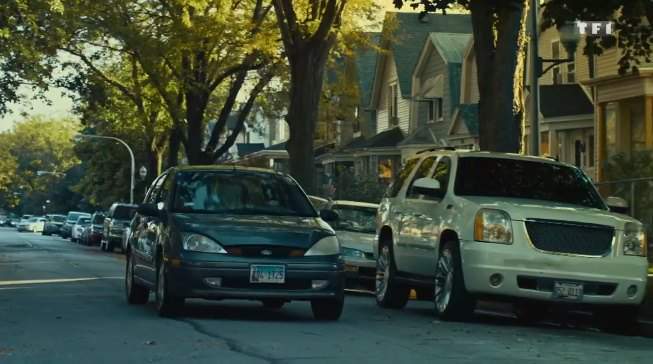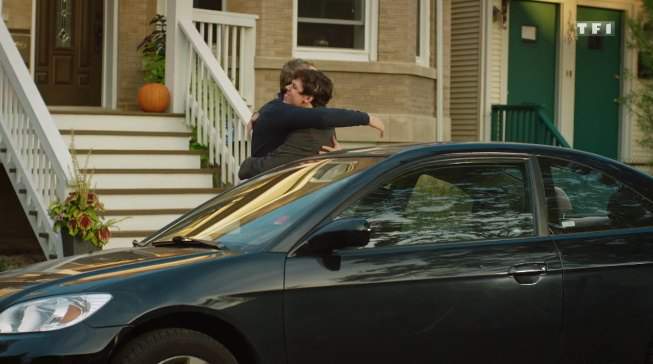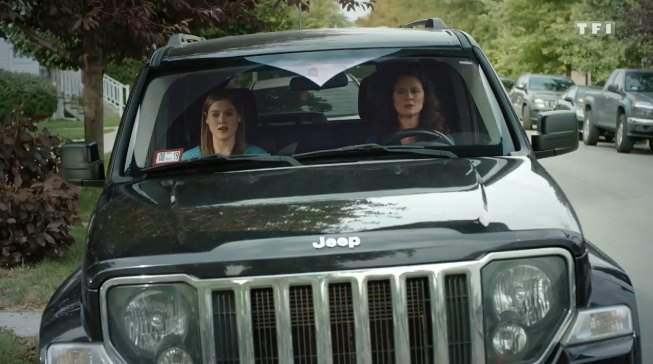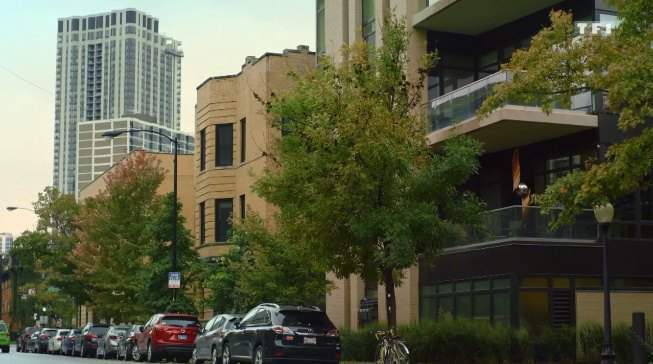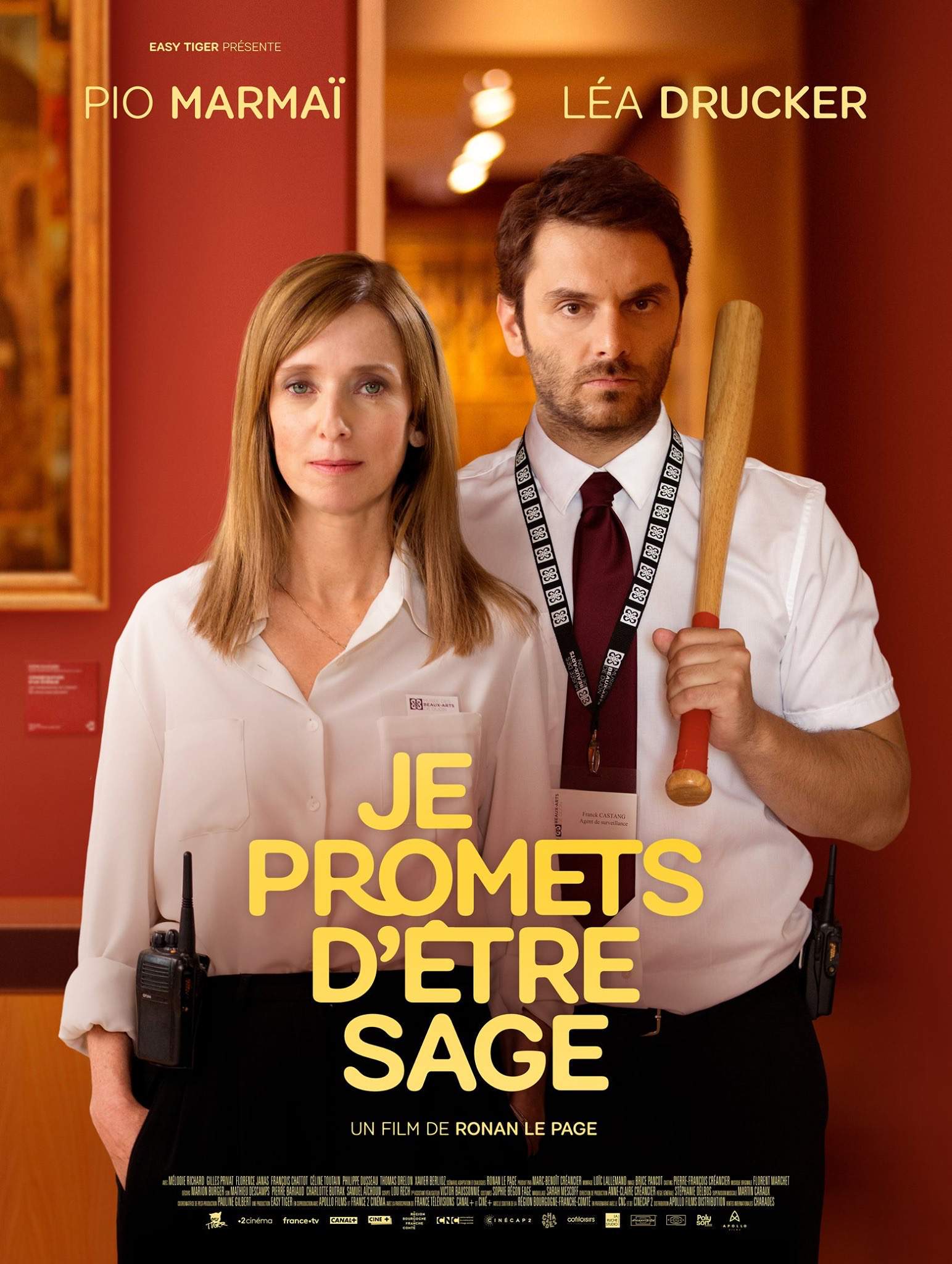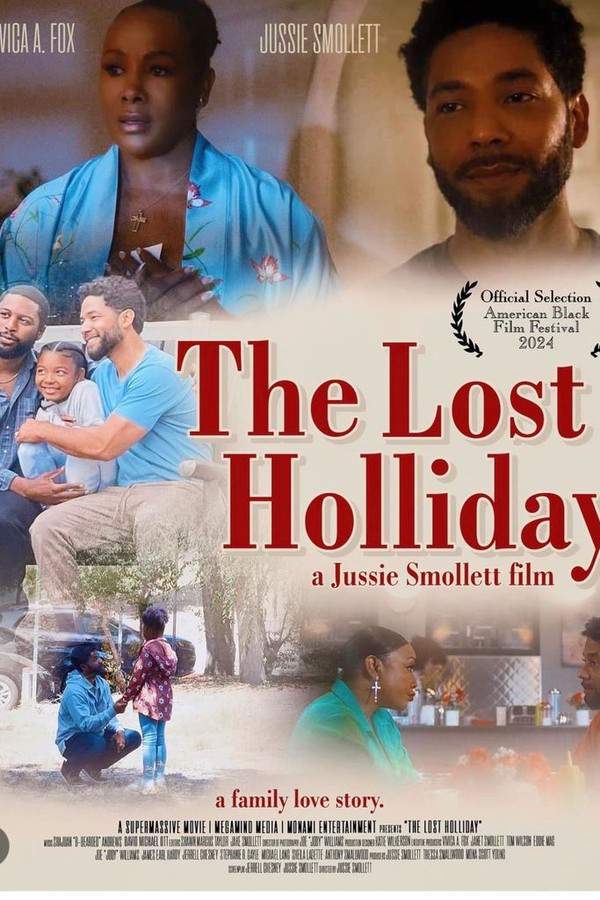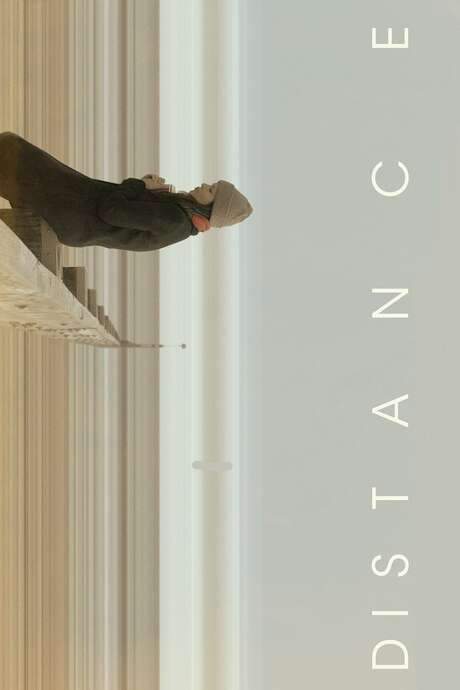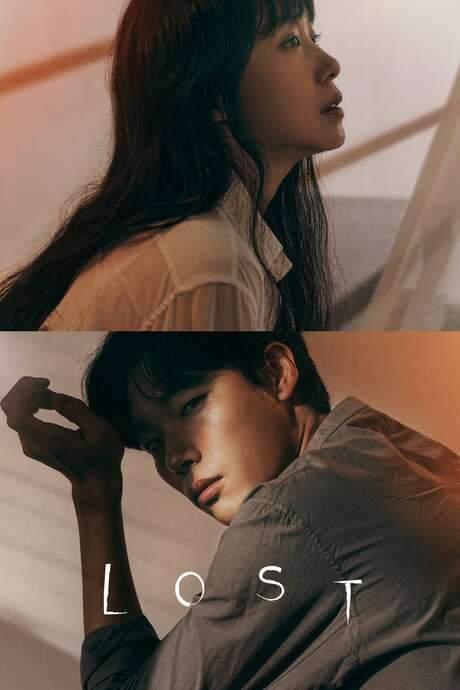The Lost Husband 2020
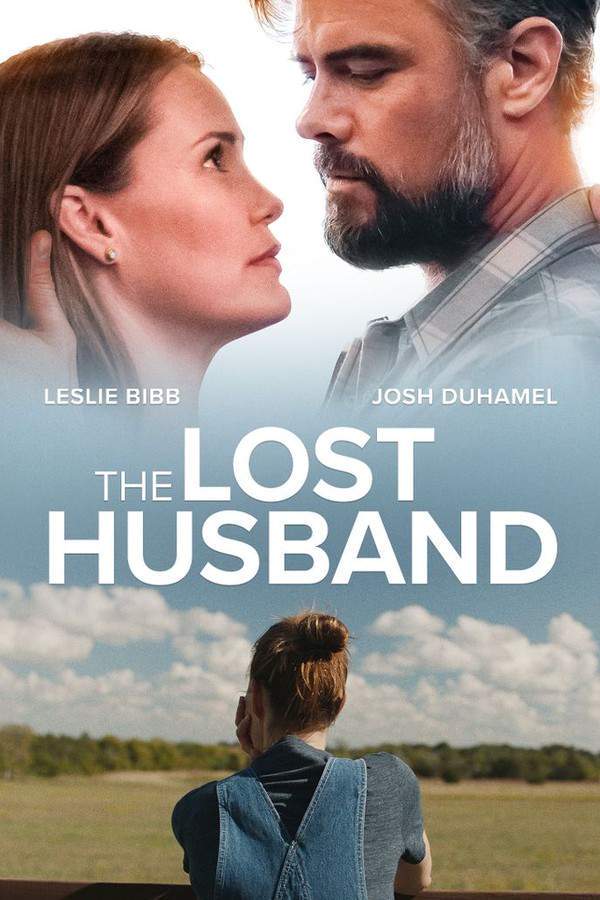
Following the tragic loss of her husband, a young widow moves her children to a large farm in Texas, seeking a fresh start and comfort amongst the familiar landscape. There, she reconnects with her estranged aunt and finds herself on a path of healing and self-discovery. Surrounded by the beauty of the countryside, she begins to rebuild her life and considers the possibility of finding love again.
Does The Lost Husband have end credit scenes?
No!
The Lost Husband does not have end credit scenes. You can leave when the credits roll.
Meet the Full Cast and Actors of The Lost Husband
Explore the complete cast of The Lost Husband, including both lead and supporting actors. Learn who plays each character, discover their past roles and achievements, and find out what makes this ensemble cast stand out in the world of film and television.
External Links and Streaming Options
Discover where to watch The Lost Husband online, including streaming platforms, rental options, and official sources. Compare reviews, ratings, and in-depth movie information across sites like IMDb, TMDb, Wikipedia or Rotten Tomatoes.
Ratings and Reviews for The Lost Husband
See how The Lost Husband is rated across major platforms like IMDb, Metacritic, and TMDb. Compare audience scores and critic reviews to understand where The Lost Husband stands among top-rated movies in its genre.

The Movie Echo Score
In general, The Lost Husband delivers a modest romantic drama that balances gentle character work with familiar narrative beats. Reviews highlight nuanced performances and authentic chemistry, while noting predictable plot developments and uneven pacing. The film’s production and visual style offer a polished backdrop but rarely venture into striking originality. Pleasure in the central relationship is offset by a lack of narrative surprises. Overall, it is an agreeable but conventional drama that offers warmth without significant innovation.
The Movie Echo Score Breakdown for The Lost Husband

Art & Craft
In terms of art and craft, The Lost Husband offers a polished presentation with reliable production design. The restrained cinematography employs a soft color palette and tidy framing that complement the film’s gentle tone. Direction maintains consistent visual cohesion, though it seldom experiments with dynamic camera work or inventive transitions. Overall, the technical craftsmanship underpins the narrative effectively, serving a smooth visual backdrop without striking moments of innovation.

Character & Emotion
When it comes to character depth and emotional resonance, the film presents genuine chemistry between the leads and nuanced portrayals of grief. Performances by Bibb and Duhamel convey subtle warmth, lifting predictable dramatic moments. However, some secondary roles feel underdeveloped and emotional stakes occasionally lack depth. In sum, the movie’s central relationship anchors the narrative with sincere connection even as peripheral arcs remain modestly sketched.

Story & Flow
In terms of story and flow, The Lost Husband follows a largely familiar trajectory, blending romance and personal discovery. Plot developments are coherent but predictable, with pacing that alternates between leisurely and rushed sequences. Moments of genuine insight into the protagonist’s emotional journey offer engagement, yet the overall narrative seldom surprises. Ultimately, the film provides a serviceable arc that delivers emotional warmth without significant twists.

Sensory Experience
In terms of sensory experience, the film relies on a gentle soundtrack and restrained sound design that underscore its intimate tone. The score’s soft motifs and balanced audio mix complement pastel production design, creating a cohesive audiovisual atmosphere. Visuals favor calm compositions and muted hues, reinforcing the narrative’s emotional undercurrents. While technically sound, the sensory elements are understated, enhancing comfort rather than delivering memorable impact.

Rewatch Factor
In terms of rewatch value, The Lost Husband offers moderate appeal but limited novelty on repeat viewings. The charm of the central performances retains some freshness, yet the predictable plot and measured pacing diminish replay incentives. Subtle character moments may hold interest, but the film’s lack of narrative surprises and minimal stylistic variation reduce its lasting appeal. Overall, it provides comfort viewing rather than compelling repeat engagements.

49
Metascore
tbd
User Score


57%
TOMATOMETER

61%
User Score

6.1 /10
IMDb Rating

68
%
User Score

2.4

4.57/5
From 14 fan ratings
Take the Ultimate The Lost Husband Movie Quiz
Challenge your knowledge of The Lost Husband with this fun and interactive movie quiz. Test yourself on key plot points, iconic characters, hidden details, and memorable moments to see how well you really know the film.
The Lost Husband Quiz: Test your knowledge of the heartwarming movie 'The Lost Husband' with this engaging quiz!
Where does Libby relocate to start a new life?
California vineyard
Aunt Jean's goat farm in Texas
A bustling city apartment
A secluded cabin in the mountains
Show hint
Full Plot Summary and Ending Explained for The Lost Husband
Read the complete plot summary of The Lost Husband, including all major events, twists, and the full ending explained in detail. Explore key characters, themes, hidden meanings, and everything you need to understand the story from beginning to end.
Libby, a determined single mother, sets out on a life-changing adventure with her two children, Abby and Tank, as they relocate to Aunt Jean’s goat farm nestled in the heart of Texas. Seeking a fresh start, Libby finds herself initially hesitant but ultimately ready to embrace this new chapter due to her urgent need for employment. With the guidance of James O’Connor, Aunt Jean’s trusted farm manager, Libby begins to navigate the complexities of farm life. As time goes by, Libby and her children acclimate to their new environment, slowly embracing the rustic charm that surrounds them.
As Libby nurtures her skills as a farmer, a bond blossoms between her and James, who takes a particular interest in Tank’s playful antics. He even teaches Abby essential self-defense techniques to handle the bullying she faces at school, worsened by her limp—a painful reminder of the tragic car accident that claimed her father’s life. The situation escalates when Abby gets suspended for defending herself and retaliating against her bully. Libby questions James about the influence of his teachings, only to discover that he has unknowingly created a safe haven for her daughter to express her struggles.
Amidst these developments, dynamics shift with the arrival of Aunt Jean’s boyfriend, Russ McAllen, and his granddaughter, Sunshine, who become woven into the fabric of Libby’s family life. One evening, Sunshine invites Libby on a secretive adventure to an abandoned house indicated by Aunt Jean. There, they unearth a piece of history tied to Frank, Jean’s late husband. Sunshine’s notion that Libby might connect with Danny’s spirit, while whimsical, taps into Libby’s suppressed longings and vulnerability. This leads to a poignant moment where Libby seems to speak to her deceased partner, pondering whether he could hear her.
In the days that follow, Libby gradually comes to terms with the loss of her husband, seeking closure. The narrative deepens during Aunt Jean’s birthday celebration, revealing aspects of James’ past. We learn that following a five-year marriage tainted by his ex-wife’s infidelity, he became her primary caregiver after a stroke left her in need of assistance, showcasing his unwavering loyalty despite life’s challenges.
As Libby revisits the old mansion, a faded photograph unexpectedly transports her back to a moment when her life was on the brink. It features a tender scene with her as an infant, held by Aunt Jean and Frank, raising questions about her tumultuous early years. Libby’s confrontation with Aunt Jean leads to a painful revelation: Marsha, her mother, had abandoned her at her grandparents’ doorstep, forcing them to raise her until Marsha returned four years later, only to take Libby away during her grandmother’s funeral.
Fueled by rage, Libby confronts Marsha, who tries to justify her actions through her own youthful mistakes. Unmoved, Libby accuses Marsha of jealousy towards Aunt Jean and the happiness she found with Frank. The confrontation culminates in Libby vowing never to see Marsha again.
Returning to the farm, Libby confides in Aunt Jean about her aspirations to restore the old house, envisioning a future to nurture her children within its walls. With newfound purpose and a sense of belonging, Libby assures Aunt Jean of her commitment to the farm. As the story reaches its conclusion, we find Libby revitalizing the long-neglected mansion when James arrives with news of his ex-wife’s departure to live with her parents. This marks a pivotal moment of closure in James’ life as he approaches Libby, sharing a tender kiss that signifies the promise of a new beginning for both of them on the farm.
Uncover the Details: Timeline, Characters, Themes, and Beyond!

Coming soon on iOS and Android
The Plot Explained Mobile App
From blockbusters to hidden gems — dive into movie stories anytime, anywhere. Save your favorites, discover plots faster, and never miss a twist again.
Sign up to be the first to know when we launch. Your email stays private — always.
Watch Trailers, Clips & Behind-the-Scenes for The Lost Husband
Watch official trailers, exclusive clips, cast interviews, and behind-the-scenes footage from The Lost Husband. Dive deeper into the making of the film, its standout moments, and key production insights.
Cars Featured in The Lost Husband
Explore all cars featured in The Lost Husband, including their makes, models, scenes they appear in, and their significance to the plot. A must-read for car enthusiasts and movie buffs alike.
The Lost Husband Themes and Keywords
Discover the central themes, ideas, and keywords that define the movie’s story, tone, and message. Analyze the film’s deeper meanings, genre influences, and recurring concepts.
The Lost Husband Other Names and Titles
Explore the various alternative titles, translations, and other names used for The Lost Husband across different regions and languages. Understand how the film is marketed and recognized worldwide.
Similar Movies To The Lost Husband You Should Know About
Browse a curated list of movies similar in genre, tone, characters, or story structure. Discover new titles like the one you're watching, perfect for fans of related plots, vibes, or cinematic styles.
Quick Links: Summary, Cast, Ratings, More

What's After the Movie?
Not sure whether to stay after the credits? Find out!
Explore Our Movie Platform
New Movie Releases (2025)
Famous Movie Actors
Top Film Production Studios
Movie Plot Summaries & Endings
Major Movie Awards & Winners
Best Concert Films & Music Documentaries
Movie Collections and Curated Lists
© 2025 What's After the Movie. All rights reserved.







